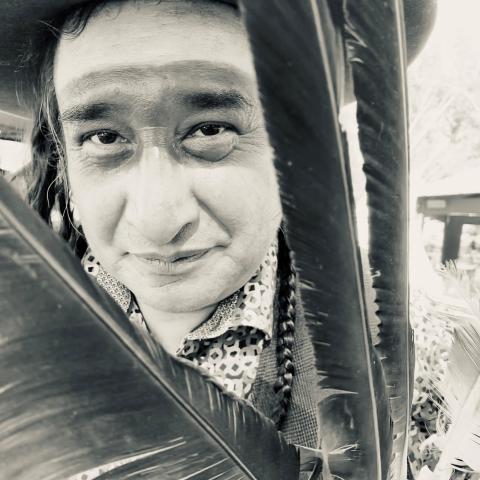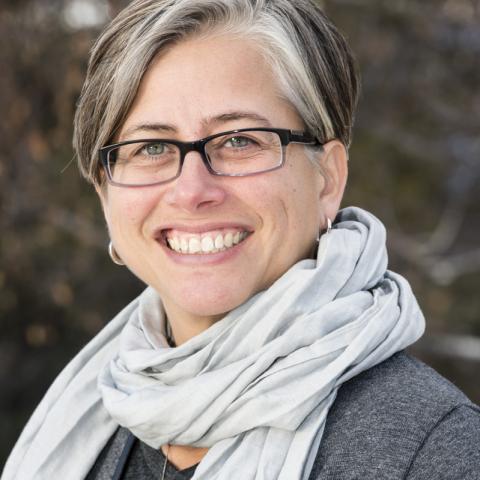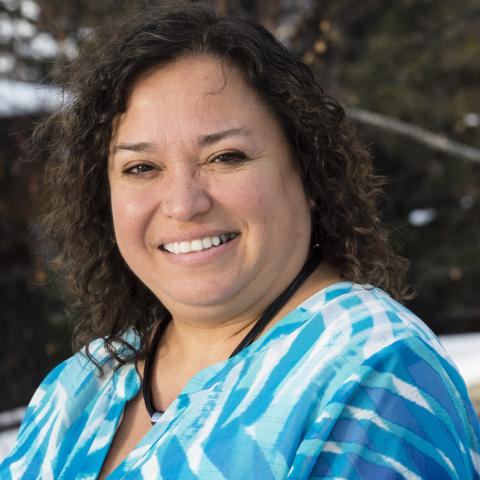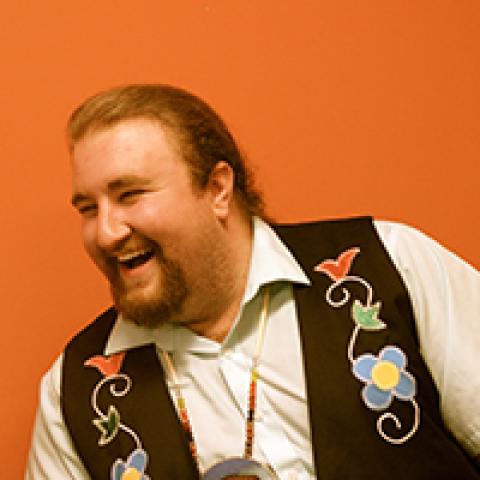Want to find out more about upcoming programs? Please subscribe to our mailing list.
Program Information
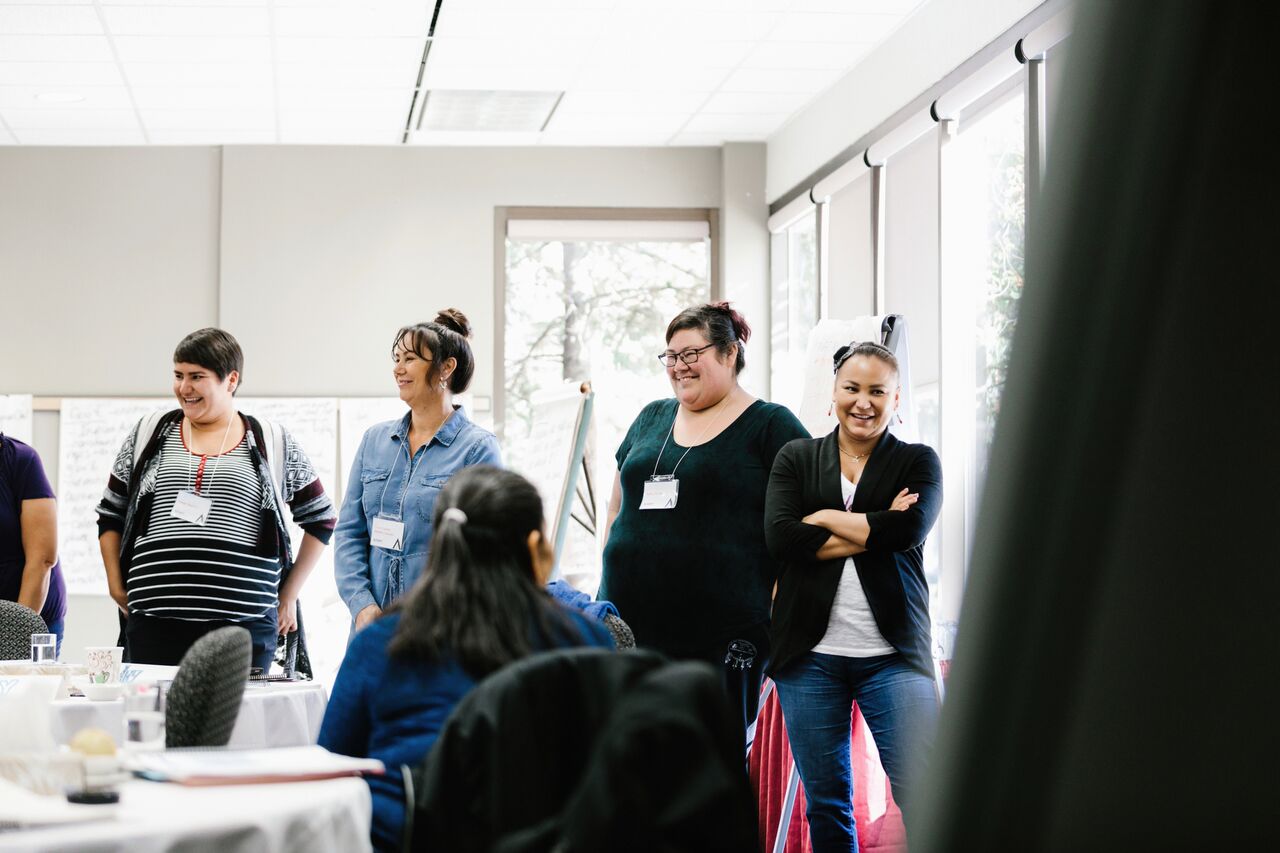
Overview
Indigenous leaders, directors and managers face increasingly complex issues, accelerated change, and new ways of doing business.
Leading Teams: Governance for Indigenous Councils and Boards will show leaders new and creative ways to move beyond Western models of governance to embrace culturally-grounded models of Indigenous governance.
Description
This program will focus on the principles of good governance in a series of presentations, workshops and classroom exercises.
With guidance from the Elder, participants will share traditional and spiritual wisdom while connecting with the land and cultural teachings.
Program highlights
- Building on traditional Indigenous structures of governance.
- ‘Indigenizing’ corporate systems of governance to make them work differently.
- Ensuring organizational effectiveness through good governance at the board/council level.
- New insights on roles, responsibilities, and performance.
Eligibility
This program will be beneficial for Indigenous leaders, administrators, and service providers interested in Indigenous governance models including
- senior management and personnel working with or within Indigenous organizations.
- elected Officials and senior administrators of First Nations, Métis and Inuit communities, councils, and boards
- Indigenous economic and social development agencies.
Priority is given to Indigenous learners and those working for Indigenous communities and organizations.
Applicant must be 18+ at the start of the program.
Inclusivity Statement
We welcome applicants of all ages (18+), backgrounds, gender identities and expressions to apply.
Certificate of Indigenous Leadership, Governance and Management Excellence
Indigenous leadership programs are strategically focused on building your capacity to successfully assist your community and organization. Individuals who successfully complete a program from each of the seven wise practice elements will earn a Certificate of Indigenous Leadership, Governance, and Management Excellence.
Itinerary
Participants are required to dedicate approximately 40 hours during the week to this program.
Sample Itinerary - subject to change
Each day opens with a smudge and teachings and closes with a wrap up.
Sunday
- Welcome and program overview
Monday
- Introduction to good governance
- Contemporary Indigenous governance
- Overview of principles of good governance
- Team building activity
- Stewardship and the roles of leaders, directors, managers, and staff
Tuesday
- Dealing with difficult behaviour
- Emotional intelligence, social intelligence and teams
- Team building activity
- Conflict resolution process
Wednesday
- Strategic planning
- Decision-making
- Team building activity
- Creating institutions of good governance
- Creativity and leadership
Thursday
- Transparency and accountability
- Creativity and leadership
- Partnerships and collaborations
- Applying Indigenous knowledge
Friday
- Building resources: tips for fundraising
- Participants' discussion circle
Faculty
What's Included
Your program fee includes a single bedroom on the Banff Centre campus for the duration of your program.
Get connected with other participants on campus and focus on your projects while we take care of the day-to-day essentials.
Using a credit-based system to dine on campus, our flexible meal plans allow you to select meals according to your own needs during your stay. Banff Centre can respond to most dietary requests.
The Full meal plan is equivalent to $73 credit per day.
Join in group seminars/workshops.
- Participant Resources: Enrich your experience and get to know other artists on campus by taking advantage of the activities and support provided.
- Sally Borden Fitness and Recreation Centre: Your program fee includes free access to the swimming pool, climbing gym and fitness equipment.
- Box Office Discounts: Enjoy special artist rates or complimentary access for ticketed performances.
Fees & Financial Assistance
Application Fee
$35 application is included in the program fee.
Funding
Limited funding is available to help some participants with program fees.
- Funding is available for Indigenous participants or those working for Indigenous communities and organizations.
- Requests are reviewed based on submission of the Financial Assistance form available in the Student Portal.
- Funding amounts vary and do not cover 100% of the program fee. Participants should expect to pay a minimum of 25% of the program fee.
- Participants may be eligible for a maximum of two programs per year.
Information about funding opportunities for Leadership programs can be found here.
Steps to follow
- Select "Yes" to "I would like to apply for financial assistance" during registration.
- Log into your Student Portal to complete your funding application form within 48 hours of submitting your initial registration.
- Timely submission of the funding form is required in order to be considered.
Cancellations
All participants must pay a confirmation fee of $262.50 within fourteen days of registration. We reserve the right to cancel registrants if payment and confirmation is not received within fourteen days.
Participants who are awarded financial aid who cancel their registration within the cancellation policy deadlines may be ineligible to receive Banff Centre funding for a period of 12 months.
Registrations are non-transferable and cannot be applied to different programs or used on behalf of other registrants.
More information on our cancellation policy can be found here.
Tax Information
Banff Centre will issue official tax receipts for eligible tuition fees and all financial assistance and awards as required by the Income Tax Act. You will receive a T2202 (Tuition and Enrolment Certificate) for eligible tuition fees paid and a T4A (Statement of Pension, Retirement, Annuity, and Other Income) for applicable financial assistance and awards.
How to Apply
Learn more about the steps to Complete Your Application.
If you have requested financial assistance, please ensure that you log in to your Student Portal within 48 hours of registration, to submit your funding request form.
If you do not require financial assistance, please ensure that you log in to your Student Portal and complete confirmation of attendance and full payment as soon as possible, but no later than 7 days from completing step 1.
Note that non-completion within the timelines stated may result in your place being offered to the waitlist.
Disclaimer
All programs, faculty, dates, fees, and offers of financial assistance are subject to change. Program fee is subject to applicable taxes. Non-refundable fees and deposits will be retained upon cancellation. Any other fees are refunded at the discretion of the Banff Centre. The application deadline is 11:59 p.m. Mountain Standard Time.
